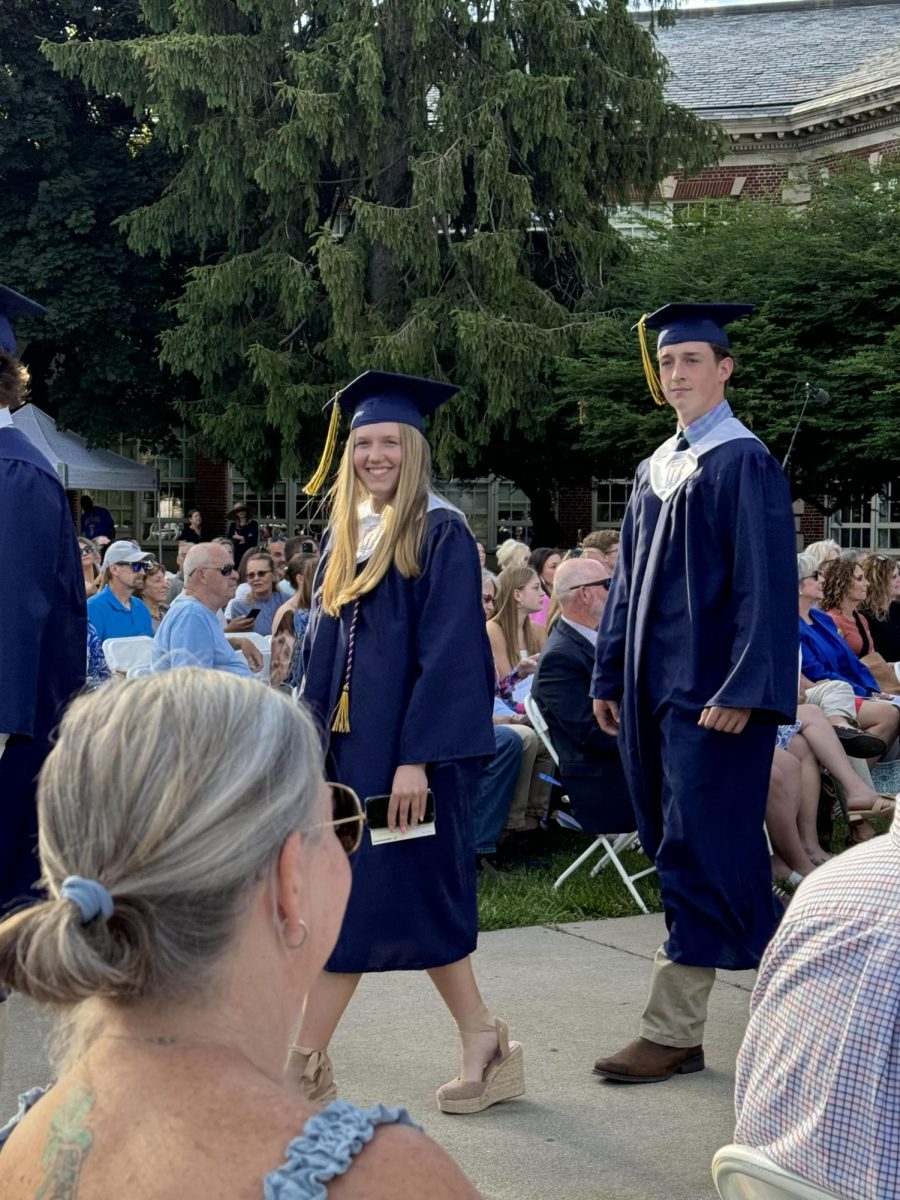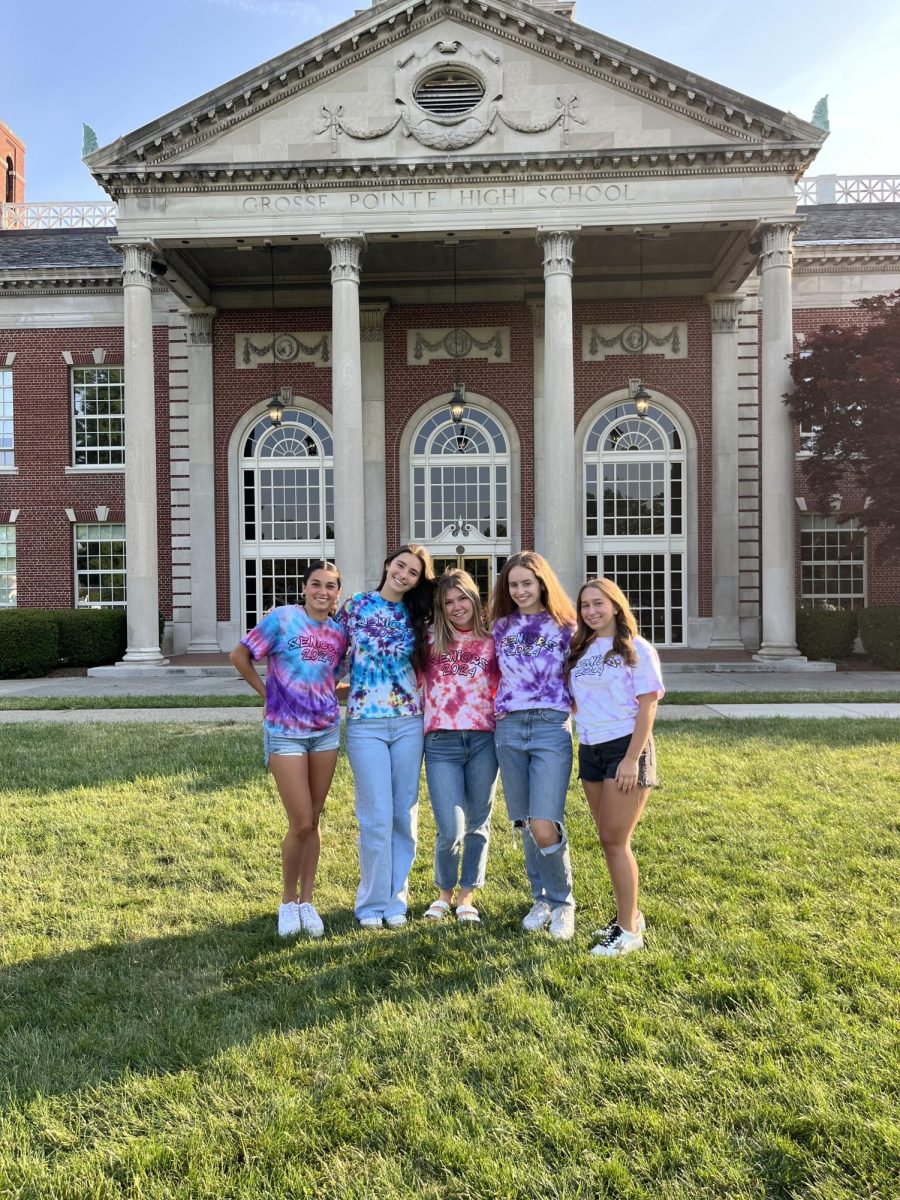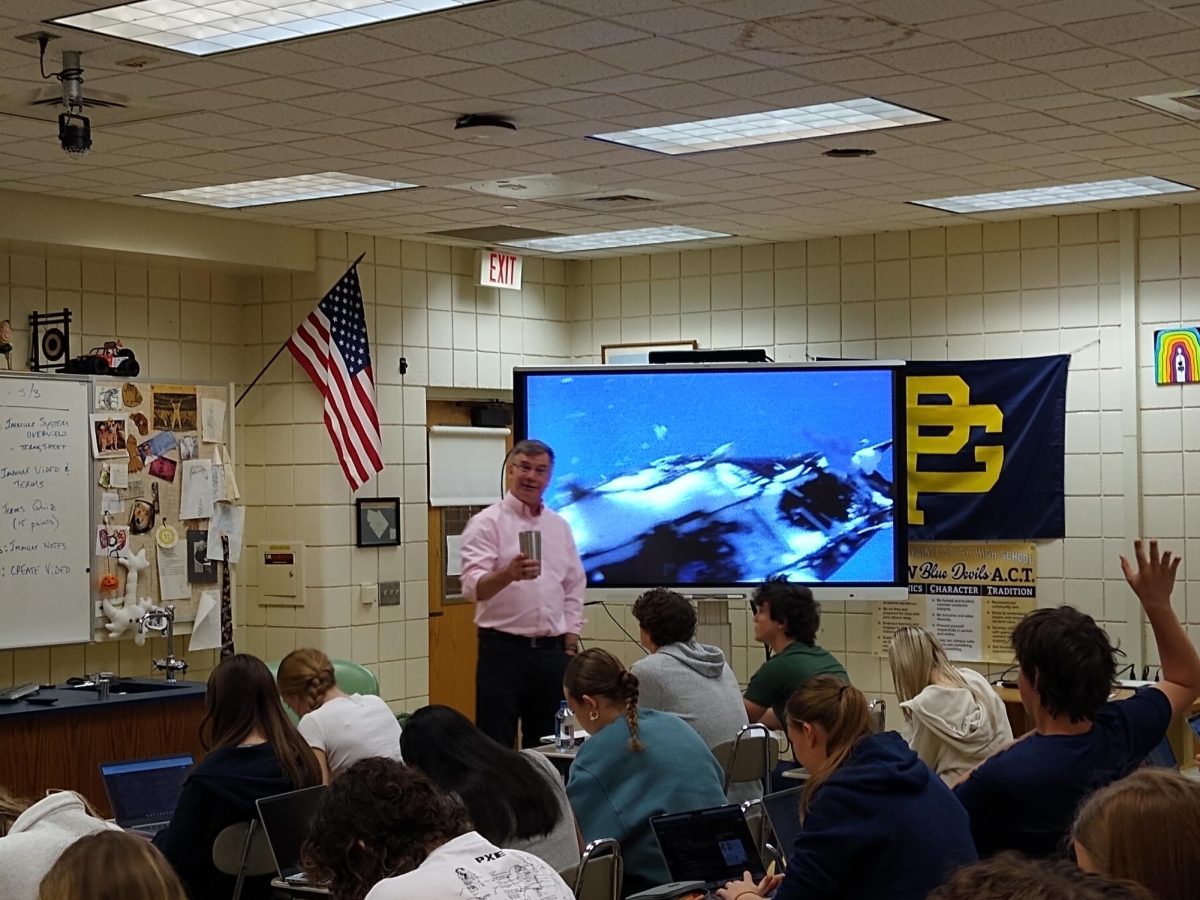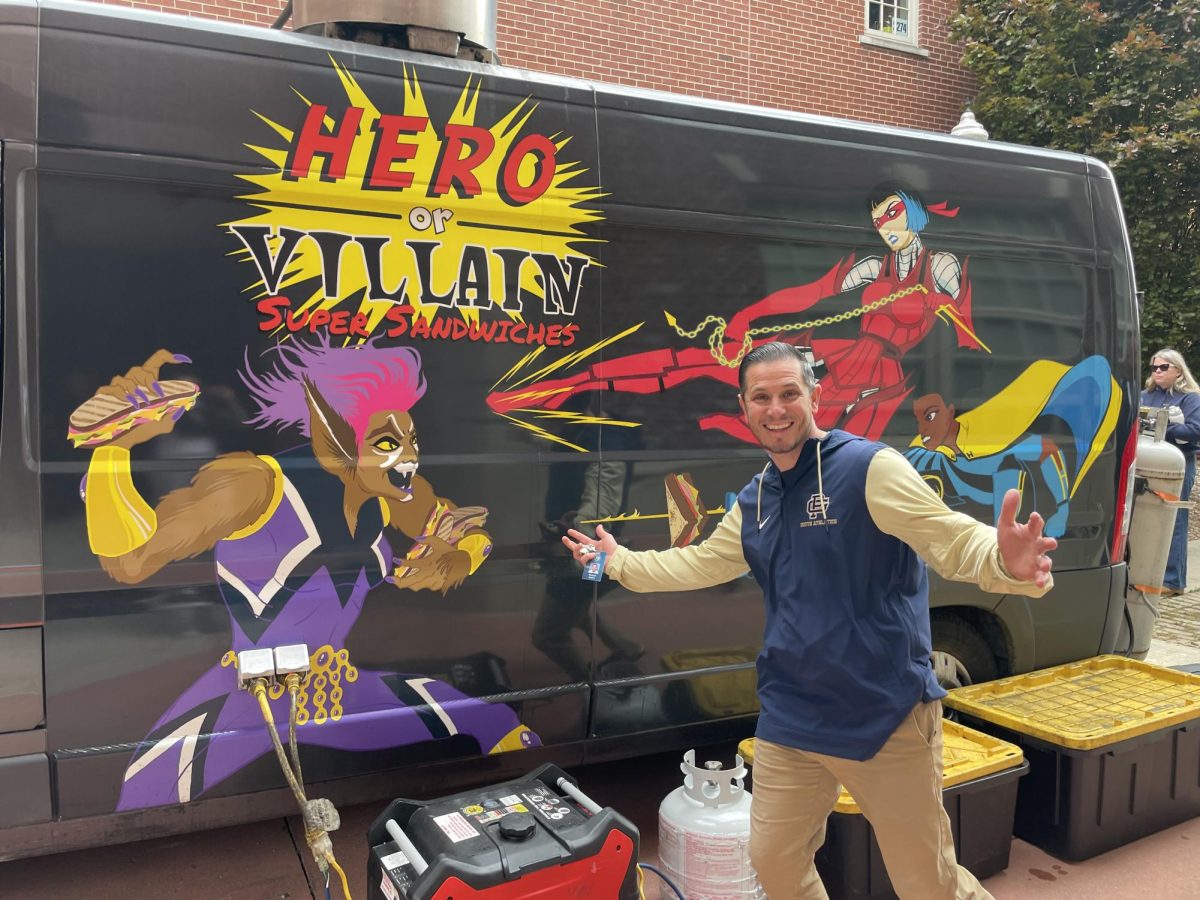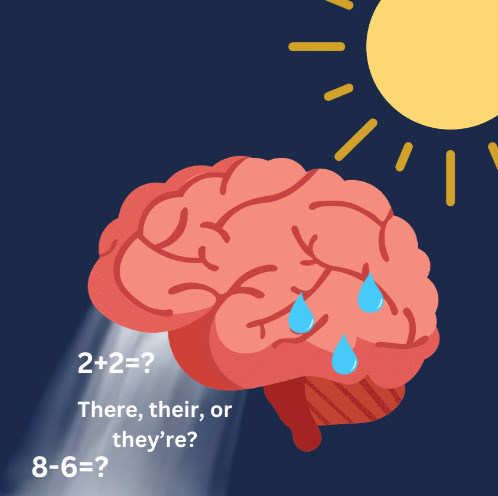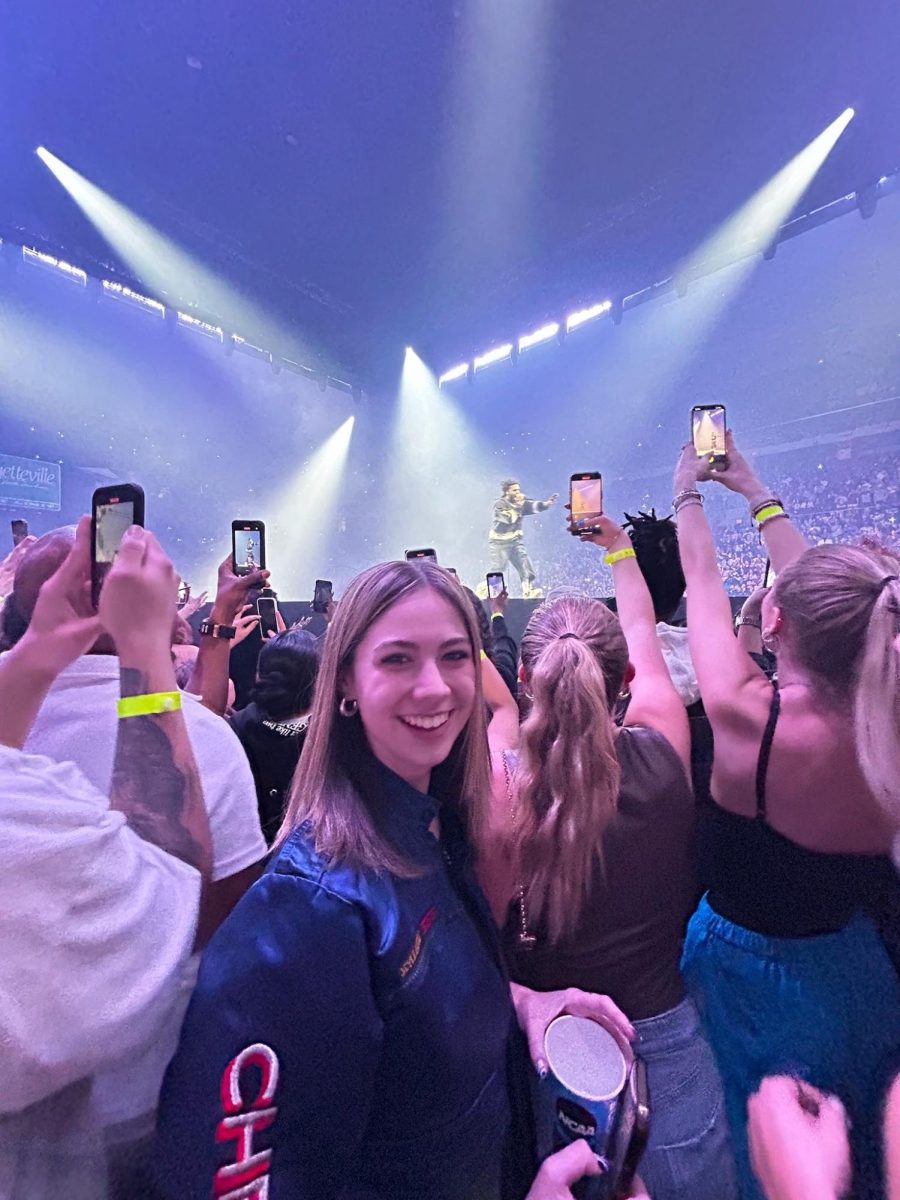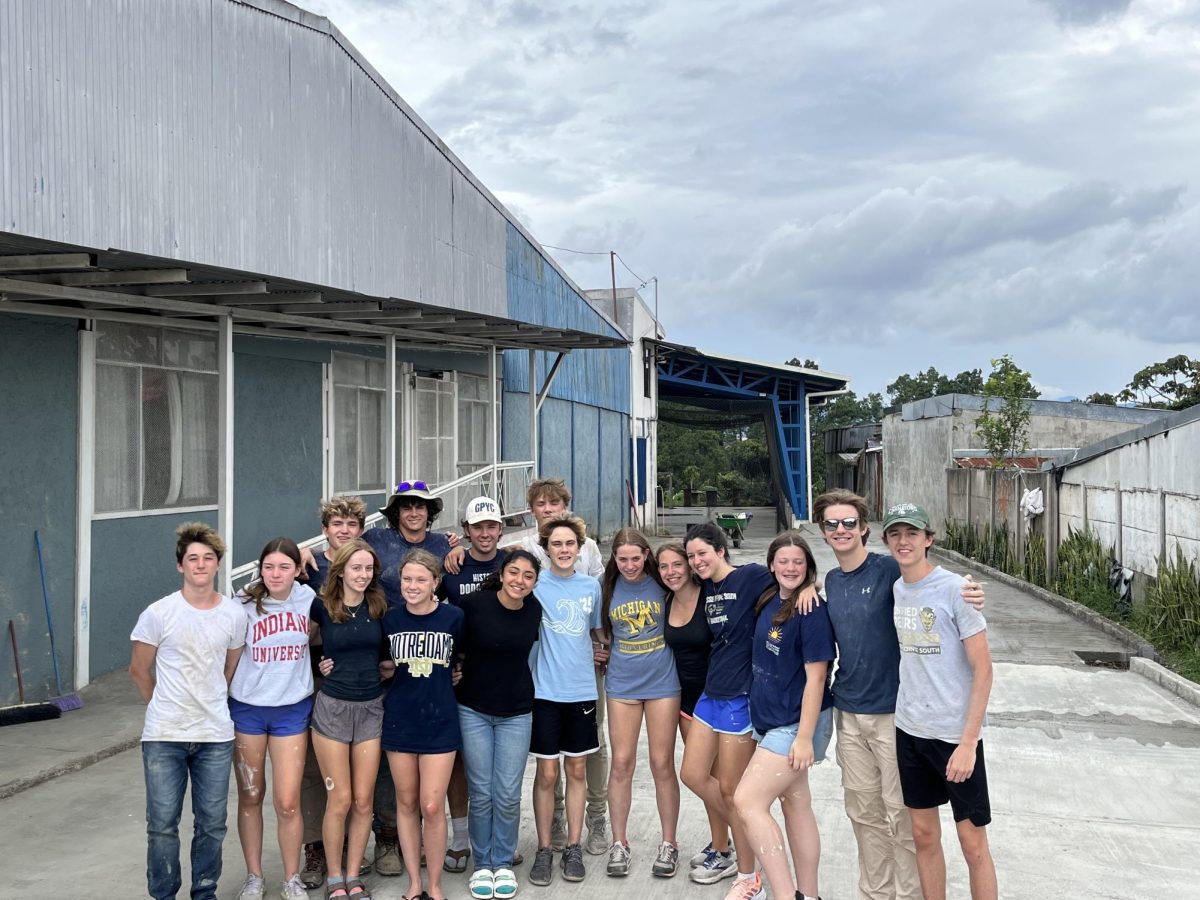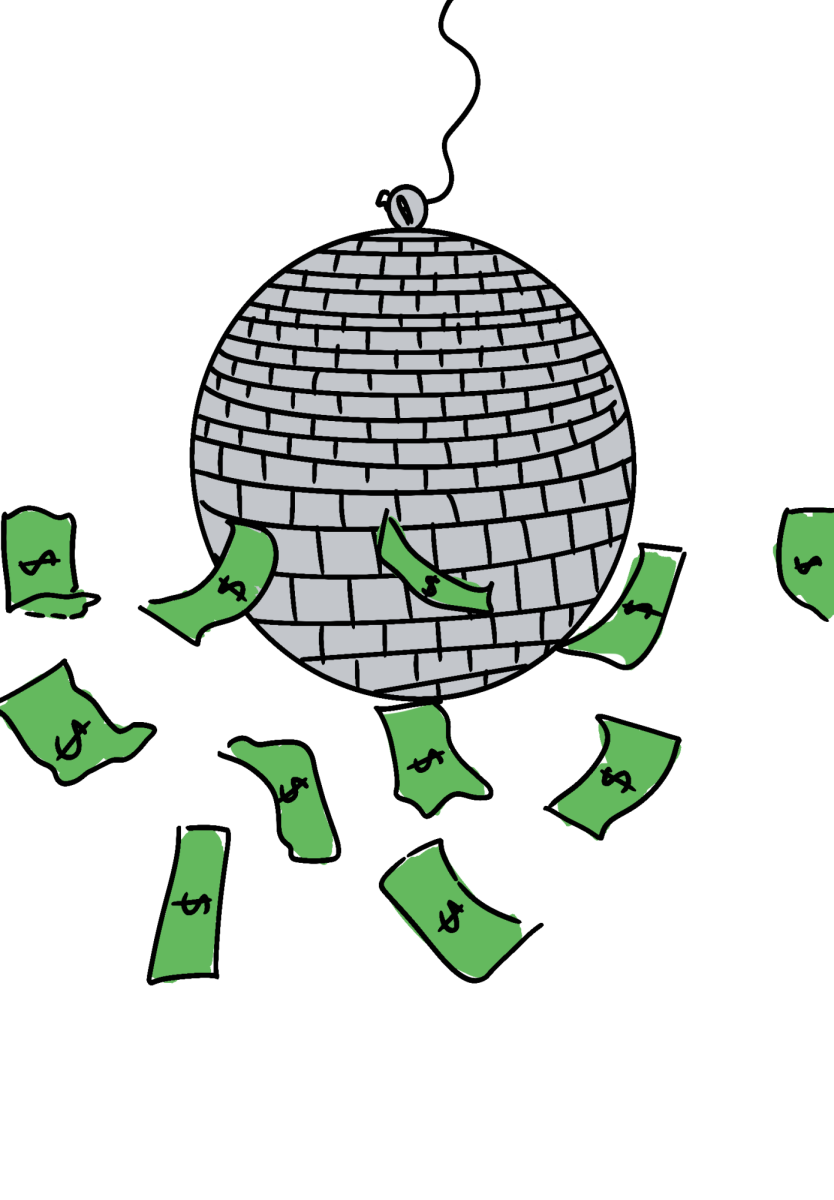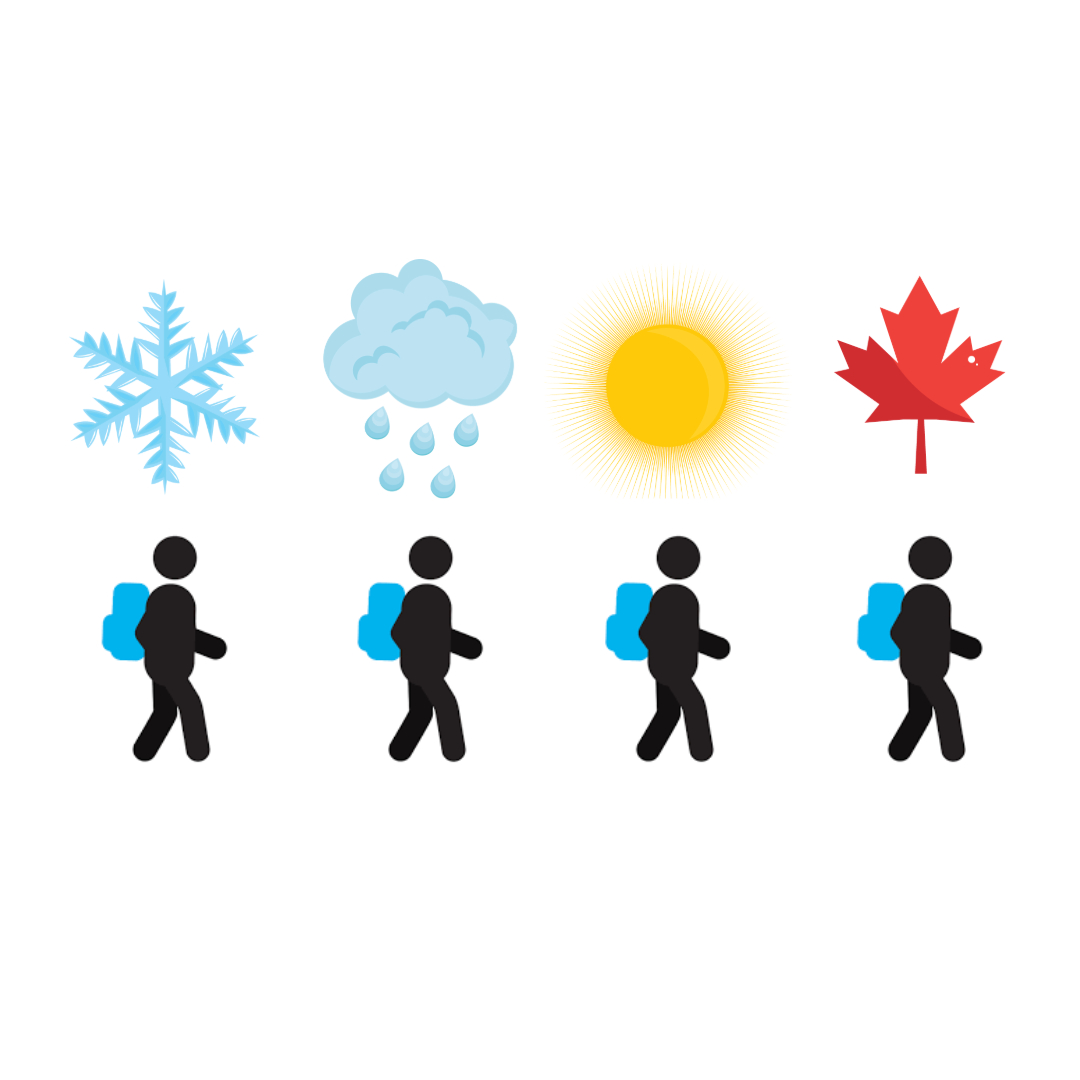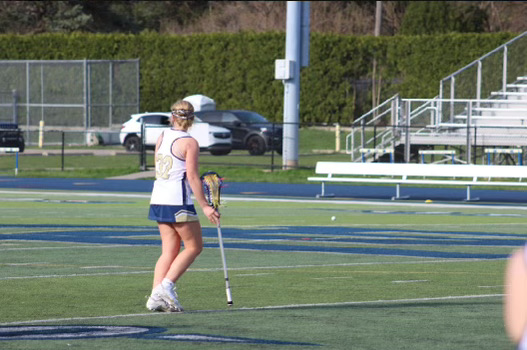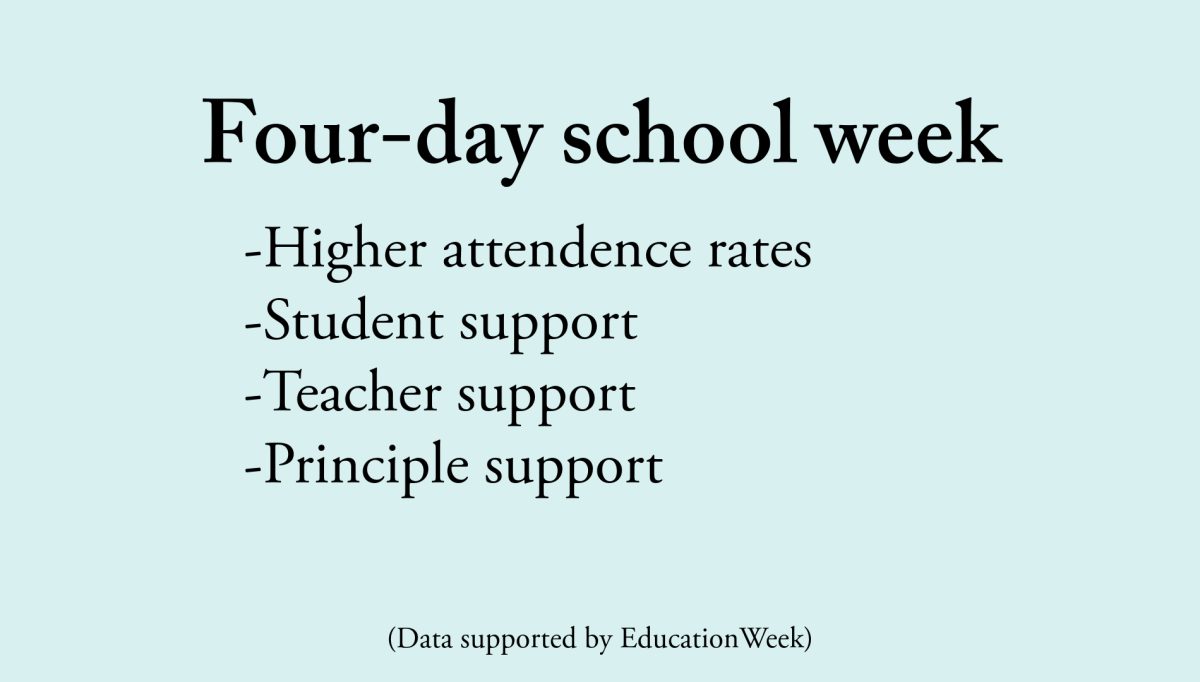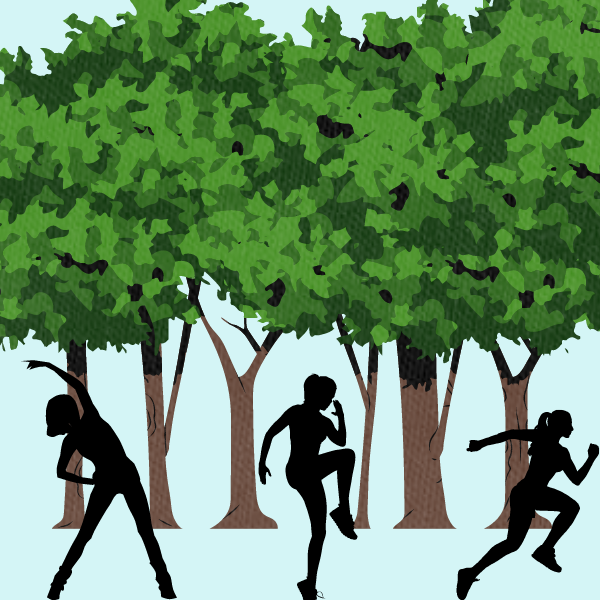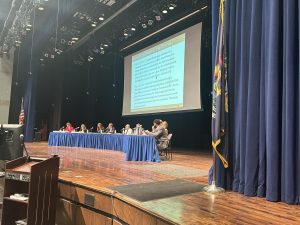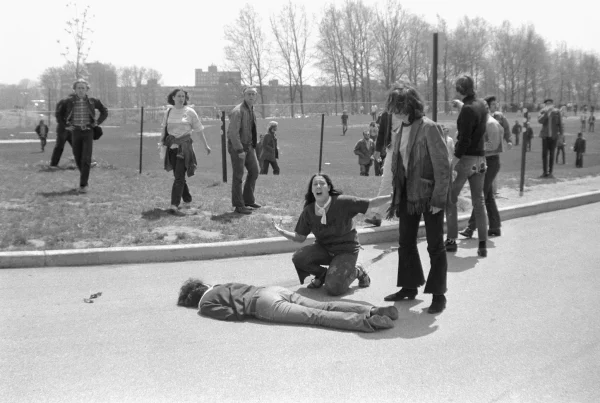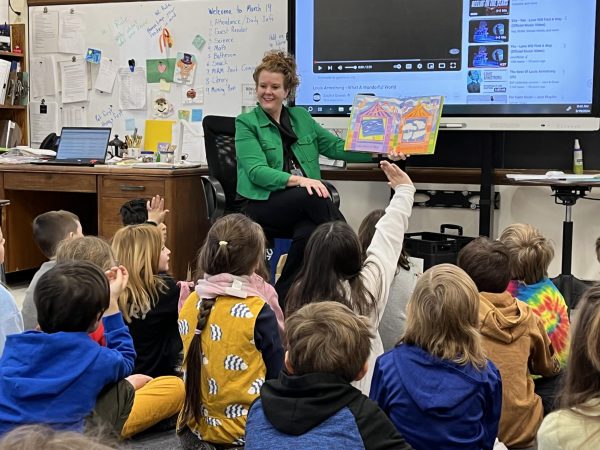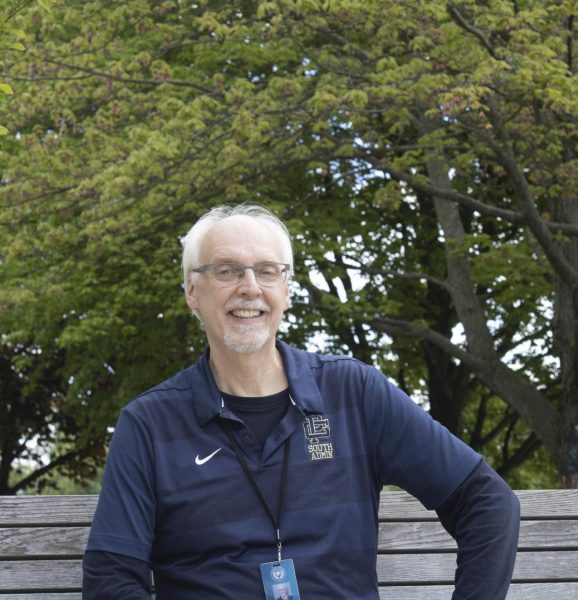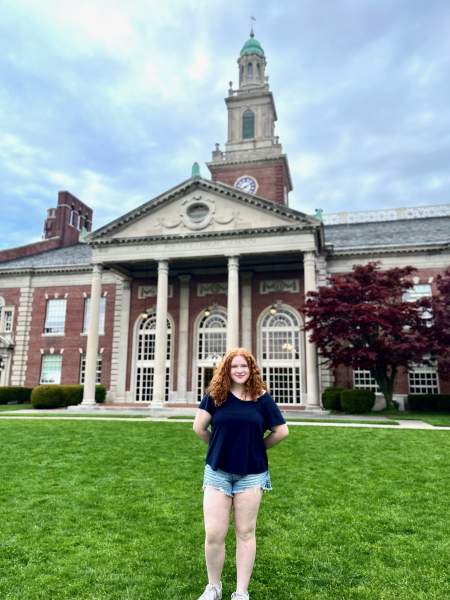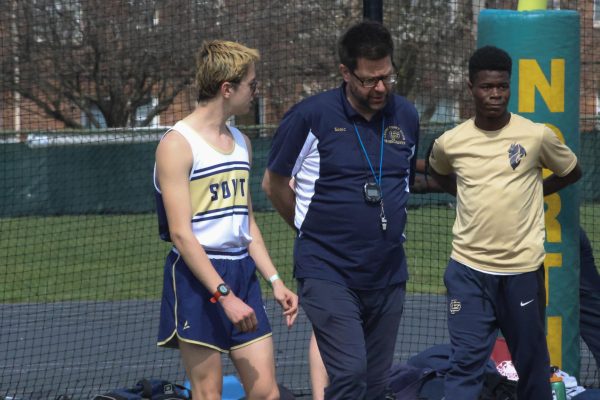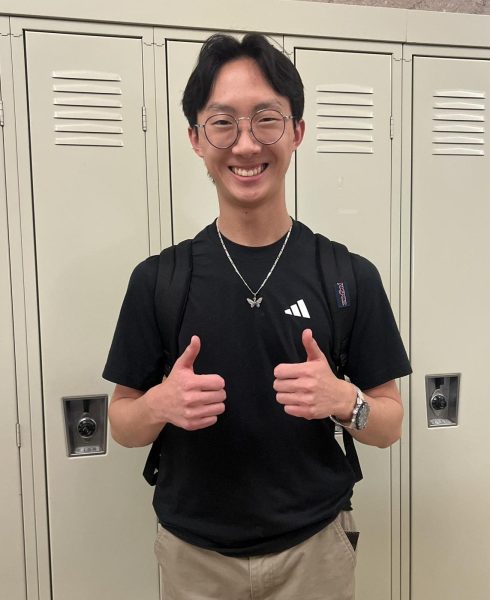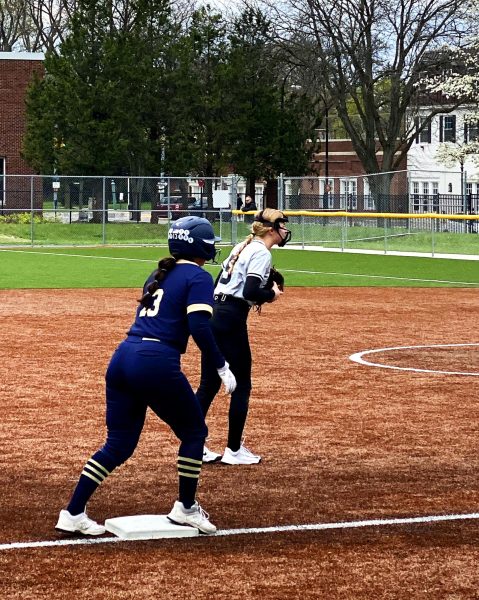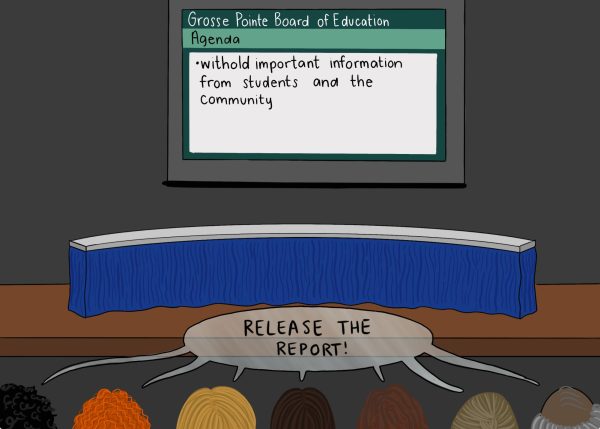#PrayForUkraine: Reacting to and processing the war
April 7, 2022

From viral videos of gunfire and gruesome bombings to livestreams of people claiming to be Ukrainian citizens evacuating their homes, social media is plagued with every aspect and opinion of the Russian-Ukrainian conflict. Such large audiences and little censorship on media platforms like Twitter, TikTok and Instagram allow for individuals and groups to fabricate their own narratives in regard to the conflict. Even official sources like the Russian Embassy in London have been flagged on Twitter for false reports, like insisting claims that Russian President Vladimir Putin’s forces had bombed a maternity hospital were fake.
With conflicting stories from credible and trusted news outlets making a tense situation all the more overwhelming, it’s difficult for students and community members to emotionally process and come to informed conclusions about the current world events.
Dealing with the effects of a major international conflict like war is something that many members of the younger generation have never had to experience before. When a majority of these teens are turning to social media for answers to their questions and confusion, it’s important that the information they consume accurately and respectfully represents the dilemma.
Grosse Pointe South counselor Nicholas Bernbeck advises students to make an effort to stay informed and think critically about the reality of the situation, but also to take a step back for the sake of their mental health.
“I know that on social media on Instagram and everything, there [are] videos you can watch of bombings in a city,” Bernbeck said. “Seeing those things can be hard, [and] it can be challenging to process. There’s a fear that reposting things you see can make the situation worse, in the sense that there’s nothing else you’re seeing online other than violence and information that isn’t always right.”
Media consumers’ ability to differentiate between slanted reports and accurate information will play a key component in the course of the war. Public opinion makes a huge difference in what side countries choose to align themselves with. As of right now, Russian media is using censorship to desperately try and salvage Putin’s tanking reputation, amid a downpour of sanctions and accusations of war crimes.
Paul Levin, a local veteran with family members in Ukraine, believes that some news outlets have under-reported and unacknowledged the effect of these crimes on normal Ukrainian people.
“I don’t think they are showing enough of the damage that has been done with the missiles and the bombs and what the Russian military has really been doing,” Levin said. “When there’s a major situation like the hospital with the pregnant woman that was blown up, everyone is reporting it. But the tragedies happening every day to citizens like my family are not being talked about.”
The invasion has come to the forefront of international attention, with horror stories from the battlefield and updates on the chess game Putin and North American Treaty Organization (NATO) allies have been publicly playing at the center of it all. As NATO pushes Putin to pull back his troops, he continues to justify his invasion and understate the consequences it has had on Ukrainian citizens.
“My family [is in] Kherson, [and] their town is now controlled by the Russians,” Levin said. “They have no heat, no electricity, and the Russians have knocked out all wires and cut contact with the outside world. They are cooking on fires when they can find food; Russia is very much isolating these people.”
The severity of the war and the suffering it has caused citizens is also being downplayed in the way some social media users have presented details of the situation as entertainment, according to Levin. Jokes comparing the actual bloodshed happening to different video games, desensitizes users to the real-life tragedies happening in the world. Instead of humanizing the war and calling attention to the stories of refugees who left their homes after the invasion, social media perpetuates rumors like “The Ghost of Kyiv”, a fake pilot who supposedly outperformed the rest of the Ukrainian army and shot down several Russian planes by himself.
Olivia Yoo ’22 recognizes that instigating fake hope for Ukraine and idolizing ghosts does nothing to aid the problem, and says much of social media just serves to confuse people looking to educate themselves on the conflict.
“There are these inspiring and heroic stories that are pretty much in every article you read,” Yoo said. “For example, [one is] The Ghost of Kyiv, and they really get you pumped up, but they usually aren’t true. It’s disappointing to find out that these stories about the people you really start to root for are fake.”
As such heavy concepts are brought into light, concerns of potential threats to the safety and well-being of the entire world have been called into question, and have left citizens in fear. In Putin’s efforts to ensure the success of his invasion, he has made several discreetly obvious threats to nuke anyone who may try to get involved or directly defend Ukraine. According to Yoo, living with the threat of nuclear war looming overhead is difficult to cope with, and has added much intensity and emotion to an already fragile issue.
“The nuclear threats going around are kind of terrifying,” Yoo said. “It reminds me of when you’re learning in your social studies classes that the reason nobody is starting a nuclear war is because it would literally end the world. It’s scary that we could possibly be living that.”
Everyone is directly affected by this war in one way or another. It is especially hard for people with direct connections to someone that lives in Ukraine. Anna Trempus ‘23 feels very concerned about the safety of her own familial connections, but also for everyone in Ukraine.
“My family and I have tried to reach out to some Ukrainian family friends, but we haven’t been able to reach them,” Trempus said. “I am very scared for them. I hope that they are able to come out of this situation safely.”
According to Bernbeck, it’s vital that no one feels afraid to ask for help when they need it. Trying to process all the coverage and information about the war they see on social media every day can be overwhelming when done alone. There are people that are willing to help in any way they can, so all students need to do is ask.
“Any concerns that students are having we would be happy to help in the counseling center,” Bernbeck said. “We want to help and be here to support students in every way, always. But any trusted adult: parents, relatives, or teachers you have a connection with could all be resources to reach out to get through this.”

